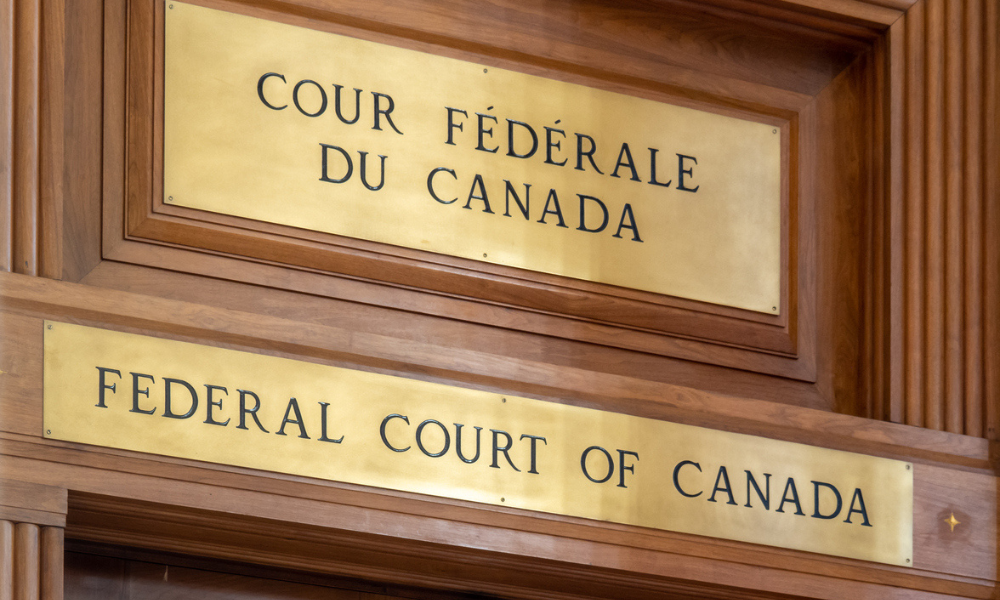
The agreement's approval follows extensive litigation beginning in 2012

The Federal Court has approved a $1.9 billion settlement agreement in a class action proceeding to compensate survivors of the Indian Boarding Home Program.
The program, initiated in 1951, removed approximately 40,000 Indigenous children from their families and placed them in non-Indigenous homes to attend elementary and high school. Many of these children suffered physical, sexual, and verbal abuse and were forbidden from practicing their culture and speaking their languages.
The settlement provides for two classes of individuals. The “Primary Class” includes those placed in private homes for school attendance from September 1, 1951, to June 30, 1992. Students placed after this period may still qualify if they prove they were placed before responsibility for their education transferred from Canada to an Indigenous governing body. The “Family Class” covers individuals with derivative claims arising from family relationships with Primary Class members.
The agreement's approval follows extensive litigation beginning in 2012 and involves significant input from survivors. Notable voices include Kenneth Weistche, Reginald Percival, and Annie Irene Trapper Weistche, among others, who recounted their traumatic experiences during the settlement approval hearing.
Key terms of the settlement include compensation for loss of culture and abuse. Category 1 compensation offers $10,000 to all class members, while Category 2 provides additional payments ranging from $10,000 to $200,000 based on the severity of the abuse. The claims process is designed to be simple and non-adversarial, with all claims made on paper to minimize re-traumatization.
The settlement also establishes a $50 million Indigenous-led foundation to support healing, wellness, education, and cultural programs for survivors and their descendants. The agreement emphasizes the need for mental health and emotional support services during the claims process, drawing on lessons from past settlements.
Class counsel and Quebec subclass counsel endorsed the settlement. The Federal Court highlighted the importance of proper notice, identification of class members, and sufficient resources to help them file their claims.